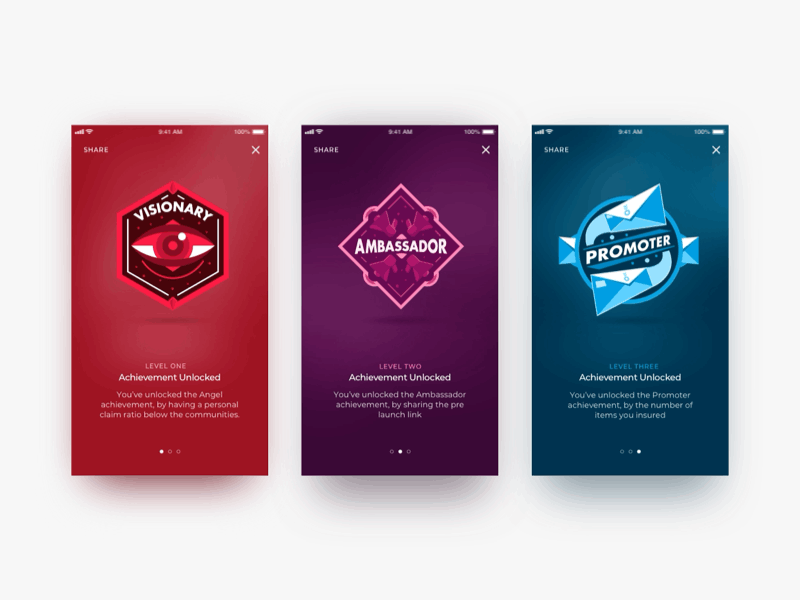Six Degrees of Gratification
Vote me up before you go-go …
GAMIFICATION OF ELECTIONS – PART 3
Gratification is one of the most powerful experiences of the psyche. It is often said, that patience is a virtue. Seeking gratification is the direct opposite: it is the satisfaction gained by successful short-term tactics and emotional impulses, rather than planned, deferred gratification which is obtained by achieving long-term goals. While the latter is a cornerstone in Strategy games – creating a game winning strategy from the very beginning, often times foregoing short-term gains – most other game genres pander to short-term achievements and instant rewards.
The famous marshmallow-experiment from the late 1960s by Walter Mischel highlights how the desire for gratification is ingrained in our brains. In his experiment, Mischel would give kids a marshmallow and a choice: keep the marshmallow and earn a second marshmallow after 15 minutes of waiting, or just eat the marshmallow right there and then and gain no additional benefit. Only one third of the tested children managed to resist the temptation for long enough to receive the second reward – the vast majority of children (though they tried) failed and ate the treat before the 15 minutes were up. The initial study’s theory and conclusion – that children who managed to delay their sense of gratification would be more successful in later life – is nowadays debated. The experiment, however, still shows that the craving for rewards not only is rooted in our mind from the very beginning, but also how hard we have to struggle to break free of this very intrinsic behaviour.
So, in order to shape player behaviour, game designers make use of this intrinsic desire through different methods:
Instant Feedback
The multi-tool of any game designer, instant feedback should be applied to every step and aspect of the game. Instant feedback acknowledges the player’s input, and it lets them know that the action they took was a valid option.
The feedback can range from small things, like a chime at a button press, a little bouncing animation or some sparkles flying across the screen if a new item was bought. A triumphant character pose when their character opens up a locked chest will heighten the player’s glee at the obtained treasures. A radiating ball of lightning exploding across the screen when the hero levels up signifies to the player that an important step forward was made.
All this feedback, big or small, conditions the player to behave in a certain way. It tells the player to keep up whatever they are doing. This is what game designers use to guide the players toward the desired path: promising the player gratification, every step of the way. Even when the reward itself isn’t tangible, the emotion that comes with it very much is.
Call of Duty Multiplayer is a perfect example of instant feedback. Every action the player takes is acknowledged. +50 Points for a Kill, „Offense“ for killing an enemy near an objective, „Avenger“ for killing an enemy that recently killed a teammate, and so on…
Badges
Badges are another common way of rewarding someone for their achievements. Napoleon Bonaparte is attributed to have muttered the following line:
“A soldier will fight long and hard
for a bit of coloured ribbon.”
And he was right. A badge is not merely a reward, it shows appreciation for your efforts, recognition of your deeds. Generally, badges are awarded for exceptional feats, accomplishments that go beyond the call of duty. The most important aspect of badges and achievements is the ability to put them on display and present them to other players. The requirements for earning a badge should be transparent and readily available to the player. Seeing badges on others inspires the player, spurs them on to increase their effort or encourages them to try different things. This gives the game developers a great opportunity to introduce different game concepts to the player, by tying them to achievements. Do you want the player to get familiar with a particular race car or a special sword? Turn that into an achievement.
Pineapple – Achievement Badge Reveals by Jarred K. Delport, Dribble
Up next: I go to seek a Great Perhaps
Further reading:
http://psycnet.apa.org/record/1972-20631-001
https://www.sciencedirect.com/science/article/pii/S074756321630855X
https://elearningindustry.com/6-killer-examples-gamification-in-elearning




